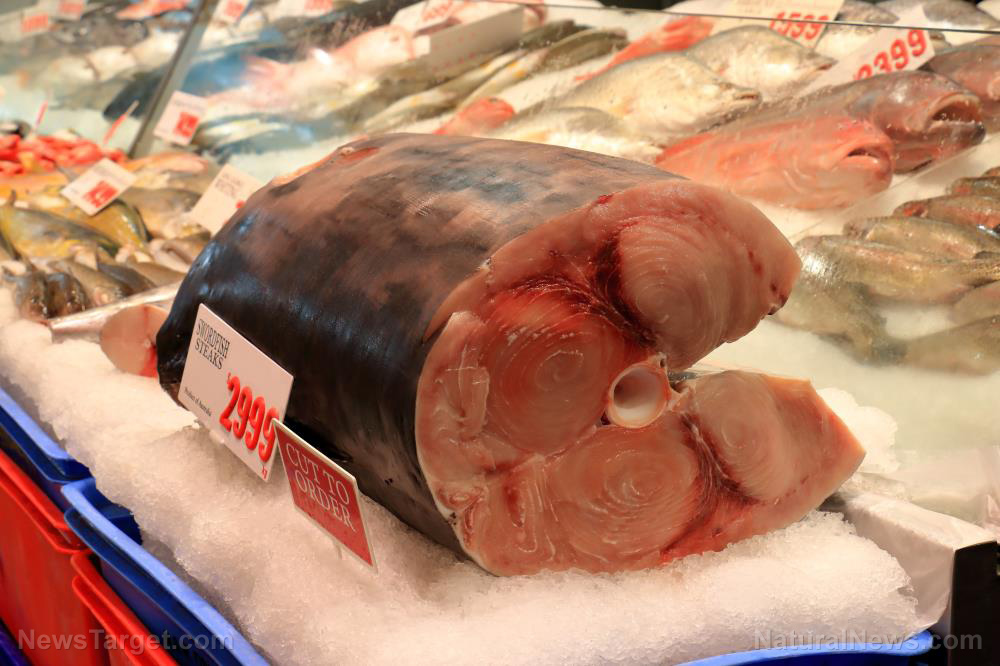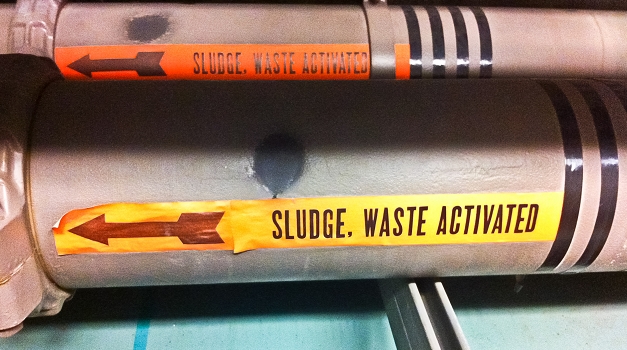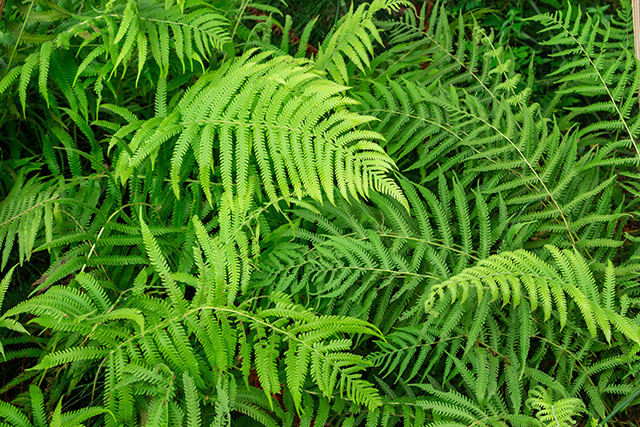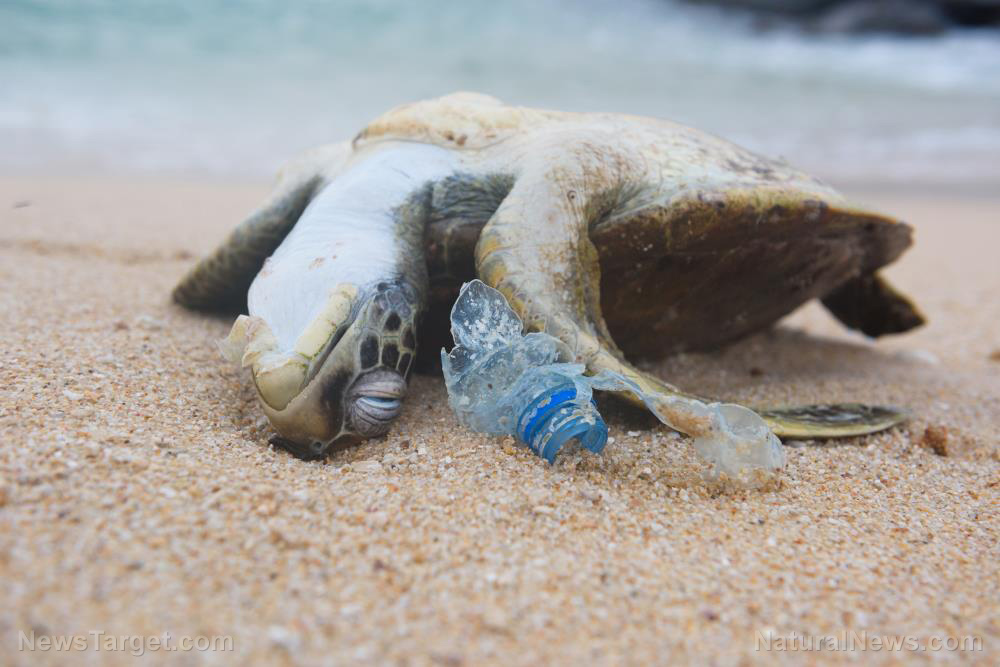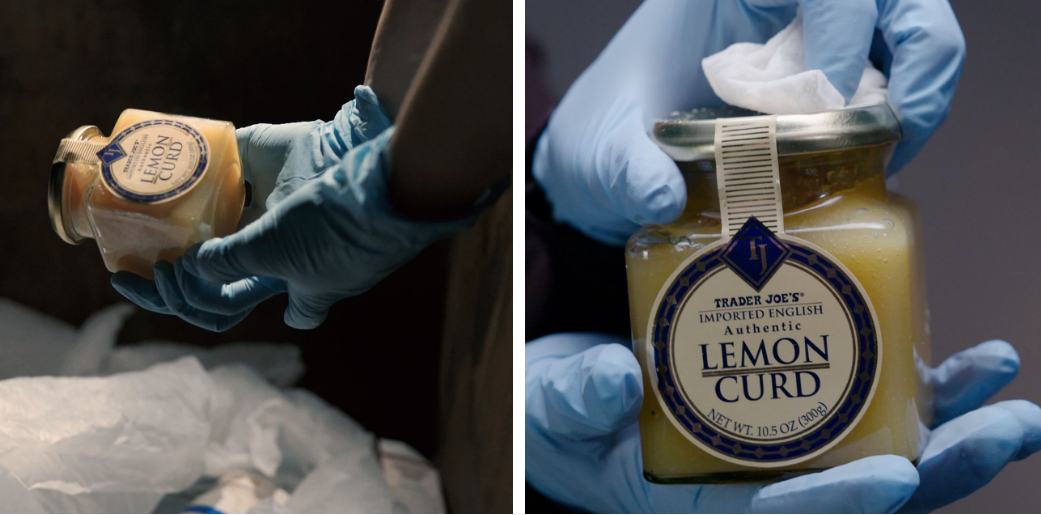Hidden toxins: Certain breakfast cereals could cause cancer, researchers warn
02/11/2020 / By Tracey Watson
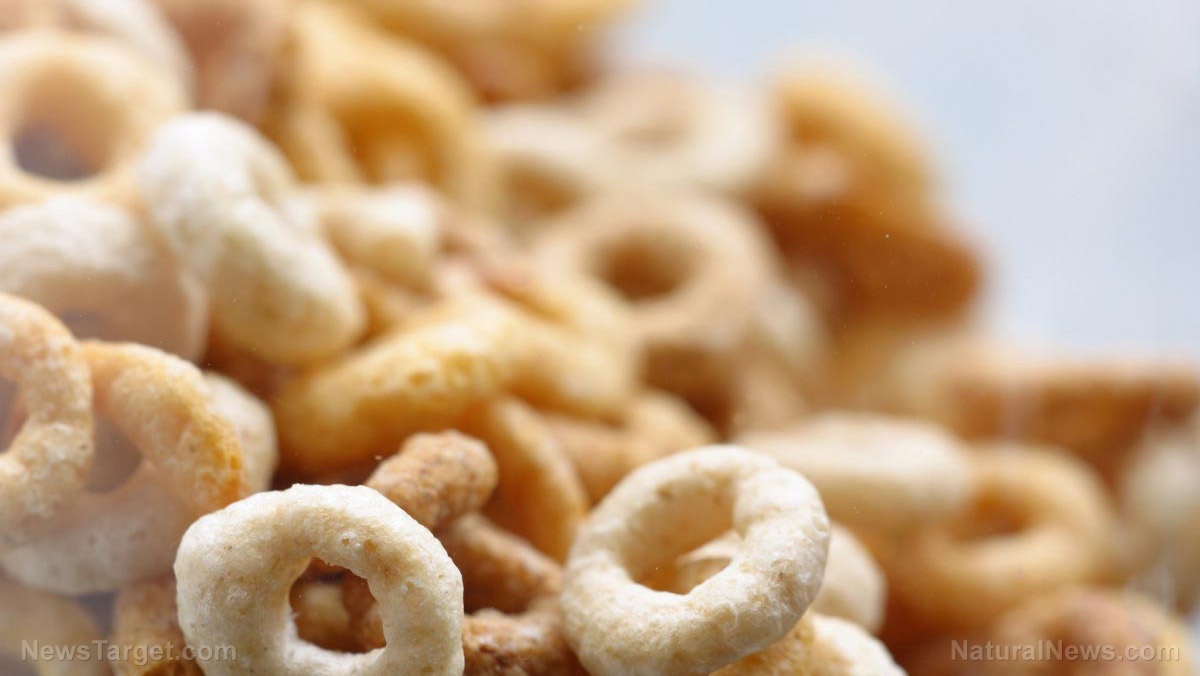
Monsanto’s Roundup weed killer product – with its primary ingredient, glyphosate – is the world’s most popular herbicide. For decades, despite controversy raging about its safety, farms, school grounds, parks and other areas have been doused in this toxic chemical.
Agencies responsible for protecting the health of the public, including the Environmental Protection Agency (EPA), have stubbornly insisted that glyphosate is essentially harmless, and this has given food production giants like General Mills free license to continue using it on the crops used in the manufacture of their products.
A study released by the non-profit organization Environmental Working Group (EWG) last year, revealed that 21 different oat-based snacks and cereals tested contained dangerously high levels of glyphosate.
This should be of great concern to everyone, particularly parents, because recent research has proved that glyphosate actually can cause cancer.
The lies begin to unravel
In 2015, after 17 of the world’s most respected experts from 11 different countries evaluated all the evidence on behalf of the World Health Organization’s International Agency for Research on Cancer, they concluded that glyphosate should be classified as “probably carcinogenic [cancer-causing] to humans.”
Suddenly, consumers started realizing that they had been lied to for decades.
A slew of lawsuits followed from people who had been exposed to glyphosate and then gone on to develop cancer, particularly a type of cancer known as non-Hodgkin lymphoma. Several of these plaintiffs won their cases, and Bayer-Monsanto now owes victims more than $2 billion in compensation.
Nonetheless, despite these lawsuits and all the evidence that glyphosate causes cancer, farmers have been permitted to continue dousing their crops in this toxic garbage, and consumers have continued to swallow it with their breakfast cereal every morning. (Related: Weed killer found contaminating most popular US foods, including many non-GM products.)
What the Environmental Working Group found
A press release by EWG noted:
Major food companies like General Mills continue to sell popular children’s breakfast cereals and other foods contaminated with troubling levels of glyphosate, the cancer-causing ingredient in the herbicide Roundup. The weedkiller, produced by Bayer-Monsanto, was detected in all 21 oat-based cereal and snack products sampled in a new round of testing commissioned by the Environmental Working Group. All but four products contained levels of glyphosate higher than what EWG scientists consider protective for children’s health with a sufficient margin of safety.
The new tests confirm and amplify EWG’s findings from tests in July and October of last year [2017], with levels of glyphosate consistently above EWG’s children’s health benchmark. The two highest levels of glyphosate were found in Honey Nut Cheerios Medley Crunch, with 833 parts per billion, or ppb, and Cheerios, with 729 ppb. The EWG children’s health benchmark is 160 ppb.
The group noted that all but one of the products tested contained levels of glyphosate higher than what even the EPA allowed until it changed its standards in 1993.
And the EPA can hardly be relied upon to act, anyway, since there is solid evidence that members of the agency have colluded with Monsanto over the years to hide the true toxicity of glyphosate from the public. (Related: EPA hid the truth about glyphosate and cancer for decades to protect Monsanto’s corporate profits.)
The report concludes:
The only way to quickly remove this cancer-causing weedkiller from foods marketed to children is for companies like General Mills and Quaker to use oats from farmers who do not use glyphosate as a desiccant.
In the meantime, it is well worth sourcing organic cereals that have not been doused in toxic chemicals. True, organic does cost more, but aren’t your children worth it?
Discover the truth at Glyphosate.news.
Sources include:
Tagged Under: breakfast cereal, cancer, Cheerios, children's health, food, food safety, food science, General Mills, glyphosate, herbicides, Monsanto, organic foods, parenting choices, research, weed killer
RECENT NEWS & ARTICLES
COPYRIGHT © 2017 POISON NEWS




